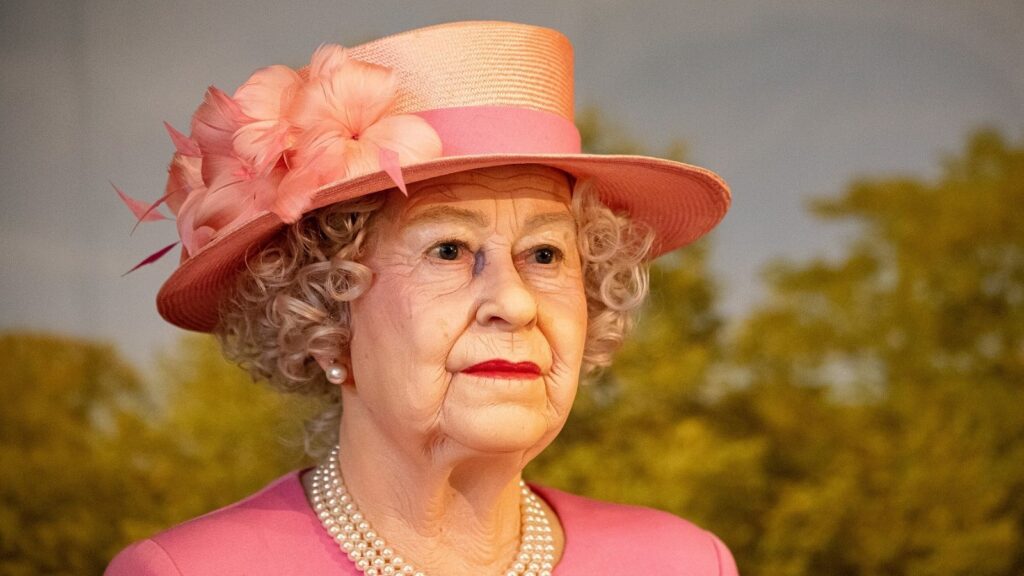If you want to understand the dynamics of leadership, it helps to be acquainted with a few leadership styles and theories. Most people do not really know what exactly makes an effective leader. Although it is obvious that some are born with natural skills and attributes of leadership, others develop these skills or acquire new ones as the need arises. Below are listed a few of the more prominent best leadership styles and theories, along with their definitions and explanations.
Major leadership styles and theories
Behavioral theory
Think about your favorite teacher and how they were able to create a successful learning environment. What qualities do you think made them so great? Often, it is the leader’s ability to show care for their students in an authentic way that makes all the difference. Imagine if this was true of leaders too! Leaders are not born with success but can be created based on learnable behavior patterns observed by others called “styles.” Behavioral leadership theory focuses heavily on action rather than qualities as being focal points of behavioral learning theories because styles determine whether or not any given style will work well with certain people, environments, goals etc.
Example: Leaders can be divided into two types: task oriented and people-oriented. Task oriented leaders focus on getting tasks done, while the more people-oriented type of leader focuses on gaining empathy for their followers in order to tailor strategies to suit individual needs betterThis is just one of the many ways to look at leadership in light of behavioral theory, which examines how leaders interpret their environment and react accordingly.
Great Man theory
The great man theory of leadership is a popular idea that suggests the greatness and success of leaders are determined by their personality instead of external factors.This type of leadership utilizes what is known as the “great man theory.” This is based on the principle that there are only a few great men in the world who have achieved great things. They have been born with certain characteristics or talents that make them so dominant that all others struggle to emulate their leadership styles and theories.
Example: Many people cite Abraham Lincoln, Alexander the Great and Queen Elizabeth I as examples of this trait type of great men because they were all able to lead nations with high levels of talent when it comes down to being ambitious or determined.

Management theory
Transactional leadership is used to motivate employees by rewarding them for their successes or punishing them for failures. This management theory focuses on supervision, organization, and group performance- a system of rewards and punishments that focus on individuals rather than the work environment as a whole.
Example: A good example are leaders who give bonuses when targets have been met (such as with workers exceeding quotas) but also punish crimes such those missing deadlines which requires additional work before reaching
Power theory
The power of leadership is not just about who has the most money, but also how they use their position and personal attributes to influence people. The French and Raven’s Five Forms of Power are essential in understanding the way a leader utilizes their power to get things accomplished. Positional power is gained through one’s position as an authority, while personal power can be acquired by using skills like persuasion or intimidation.
Example: The world of work is not all about responsibility and duty. There are also hierarchies to climb, promotions to be had; the power theory can be seen in organizations where there’s a constant drive for success
Participative theory
This type of leadership suggests that employees be directly involved in decision making at their organization and may have been coined as democratic or participatory because everyone has to voice their opinion before deciding on what course they’ll take next.
Example: Bill Gates is a leading example of participative theory. This hotly debated concept has many successful examples, but in order for this to work there should be open and honest dialogue between employees and their supervisors about the best way forward.
Relationship theory
The relationship theory of leadership focuses on leaders that concentrate mainly on their interactions with others. These kind-hearted managers are often mentors for employees, scheduling time to talk them and work hard meet their needs. They want a positive working environment where everyone can enjoy themselves at the job; studies show this type of leadership behavior is among most effective ones around today!
Example: One strategy for maintaining a positive relationship with an employee is to take them under your wing. The manager should encourage the employee to work hard, point out issues and help solve problems.

Conclusion
In the end, you have to keep in mind that each of these leadership styles and theories has its own purpose and you just simply have to practice them in order to gain the perfect results.







